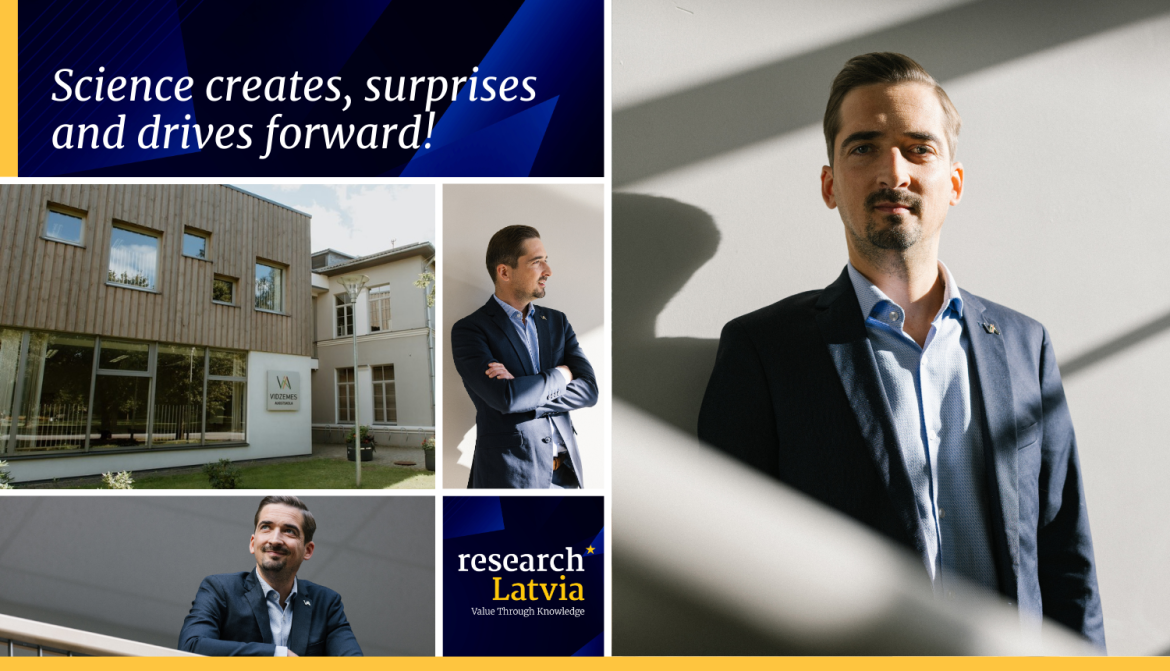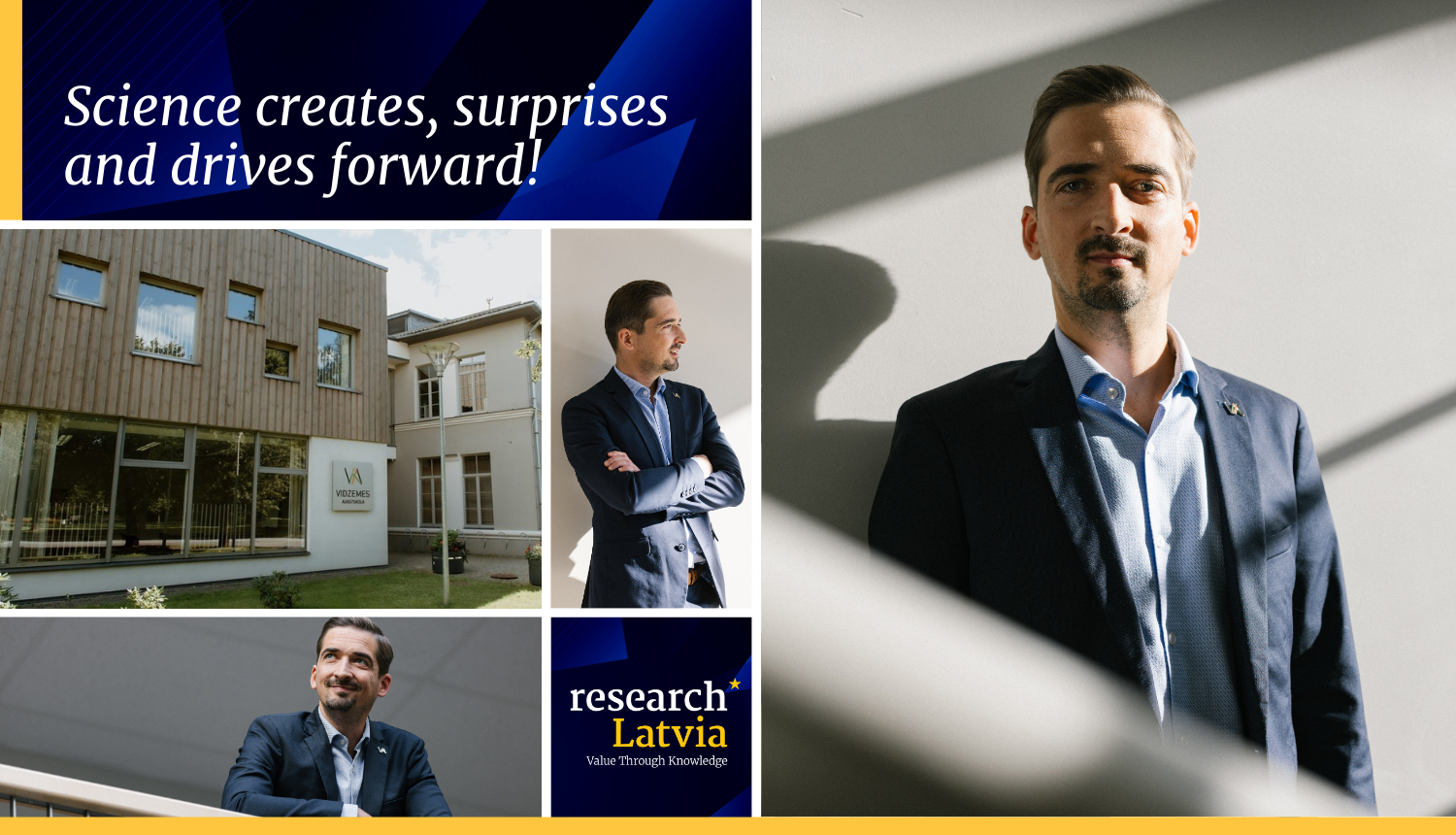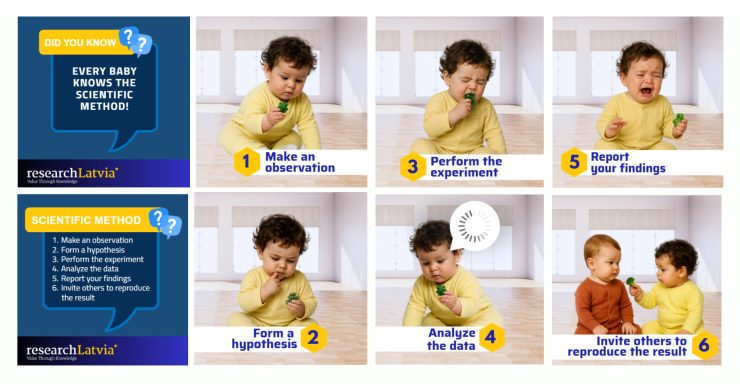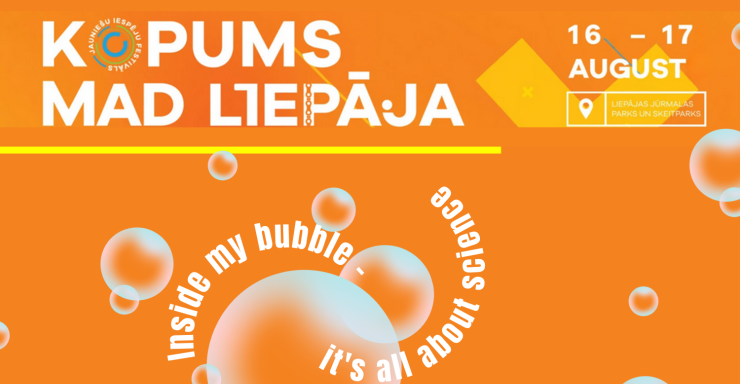Today, Science is increasingly becoming a direct driver of social change. Researchers generate new knowledge and help implement solutions that improve the quality of life and promote sustainable development. One of the most promising approaches is simulation modelling, represented by Dr. Oskars Java, researcher at Vidzeme University of Applied Sciences (ViA). This method is successfully used to address both regional and global challenges.
Simulation modelling is an approach that enables researchers to replicate the operation of real systems in a safe and controlled environment, allowing them to be studied, predicted, and optimised. It is being applied more and more widely across sectors, including construction, energy, vehicle development, and environmental protection.
"My big goal is to build several strong scientific teams with sufficient human resources and knowledge capacity so that we can help society and solve its problems," emphasises Dr. Oskars Java, Director of the Institute of Socio-Technical Systems Engineering at ViA.
He actively contributes to the university’s research development, fostering both international cooperation and the implementation of practical innovations.

In recent years, more than half of ViA’s activities have been devoted to research, making the university more closely connected to society and business. As head of the doctoral program and Chair of the ViA Senate, Oskars Java drives the development of new scientific projects and international collaboration. One of his strategic initiatives is the creation of a new international doctoral program in partnership with Ventspils University of Applied Sciences and research institutions in Austria and Portugal.
One of the current ViA research directions involving Dr. Java’s team is the development of environmentally friendly ship technologies. In cooperation with Riga Technical University and a French company, ViA is developing hydrogen fuel cell engines for coastal fishing vessels. These engines will significantly reduce emissions and vibrations, improving working conditions for fishermen while lowering environmental impact.
"The potential is huge – this new technology will cut emissions and vibration levels of fishing vessels almost to zero compared to existing diesel engines. That is the future," explains Dr. O. Java.
His expertise also covers environmental impact assessments and life-cycle analysis, which can be broadly applied, for example, in the construction sector.
The researcher is convinced that Science must reach beyond academia:
"Every scientist should be a bit of an influencer. If you want to have an impact, you need to do more than projects require – you have to communicate a lot, not only with researchers but also with society at large." For O. Java, Science is a long-term investment in the future: "Science and research, first of all, mean well-considered, knowledge-based decisions. Secondly, they are the key to prosperity, because research results lead to new, innovative products and services with higher added value."
With this conviction, Dr. Oskars Java combines scientific work with practical, visible solutions for society, strengthening Latvia’s place in the international research arena.
--
About the science calendar “Research Latvia 2025”
This initiative is part of the ERDF-funded project implemented by the Ministry of Education and Science of the Republic of Latvia, Project No. 1.1.1.1/1/24/I/001 “More Efficient and Smarter Implementation and Governance of Latvia's Science Policy”.
The content has been developed by the creative team of SIA “Entuziasti Digital”, including Mārtiņš Pavasaris, Video Director Kristaps Mozgirs, Photographer Mārtiņš Goldbergs, in cooperation with the researchLatvia team.
Since 2018, the science calendar and travelling exhibition have been created to increase the visibility of Latvian researchers, enhance public understanding of the value of science, and inspire young people to pursue scientific careers.


